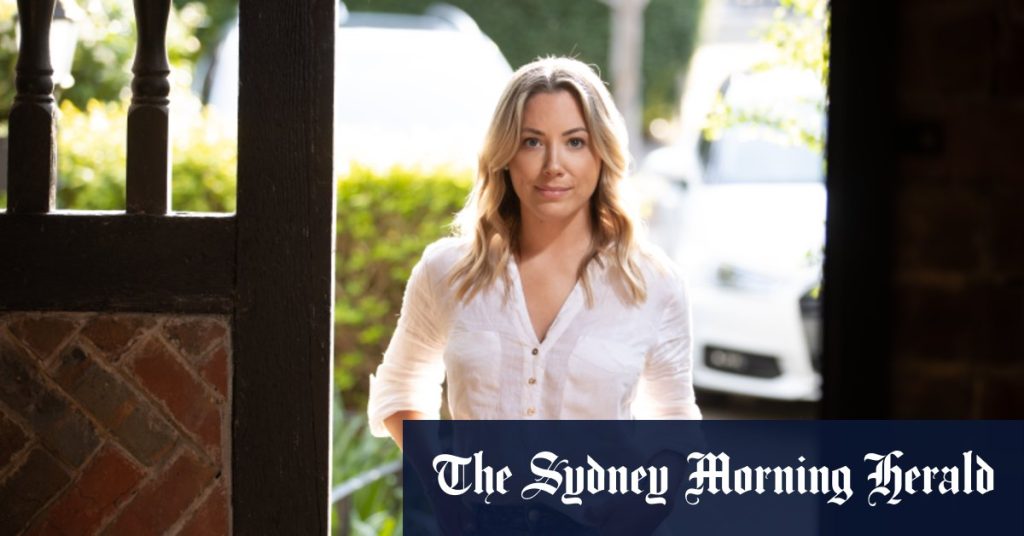A 38-year-old marketing professional and former Married at First Sight contestant living in South Yarra, Melbourne, made the decision to bank her eggs in order to ensure that she has the ability to have children in the future, even if she doesn’t meet the right man. She acknowledges that success is not guaranteed with egg freezing and advises women to keep a clear head about their options. Most women over 35 will need multiple egg retrievals to collect enough eggs for a reasonable chance of success.
Professor Simon McDowell, a fertility specialist and vice-president of the Fertility Society of Australia and New Zealand, notes that more women are choosing to freeze their eggs without fully understanding their chances of success. He emphasizes the importance of patients understanding that egg freezing does not guarantee IVF success in the future. Single women and same-sex female couples now make up 17% of those using IVF, prompting calls for Medicare’s definition of infertility to be expanded to better accommodate non-traditional families.
The process of egg freezing involves retrieving a woman’s eggs, freezing them, and then thawing and fertilizing them at a later date. It is commonly used by women who want to preserve their fertility as they age or for medical reasons such as undergoing cancer treatment. However, it is important for women to be realistic about the chances of success with frozen eggs and to understand that it is not a guarantee of future pregnancy.
While egg freezing can offer women more control over when they have children, it is not a foolproof solution. Success rates for egg freezing can vary depending on a woman’s age, the number of eggs retrieved, and other factors. It is important for women considering egg freezing to consult with a fertility specialist and to carefully weigh the potential benefits and limitations of the procedure before making a decision.
Despite the increasing popularity of egg freezing, there is still a need for more education and awareness about the procedure and its limitations. Women should be provided with accurate information about the chances of success with frozen eggs and encouraged to explore other options for preserving their fertility if necessary. By understanding the realities of egg freezing and fertility treatments, women can make more informed decisions about their reproductive health and family planning.
In conclusion, egg freezing is a valuable option for women who want to preserve their fertility, but it is not a guarantee of future pregnancy. Women considering egg freezing should be aware of the limitations and risks associated with the procedure and consult with a fertility specialist to discuss their individual circumstances. By being informed and realistic about their options, women can make the best decisions for their reproductive health and future family planning goals.


